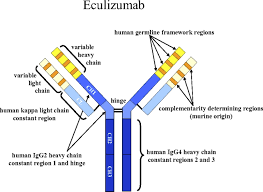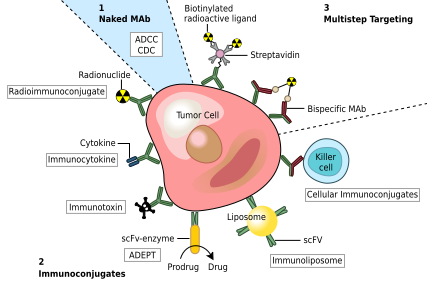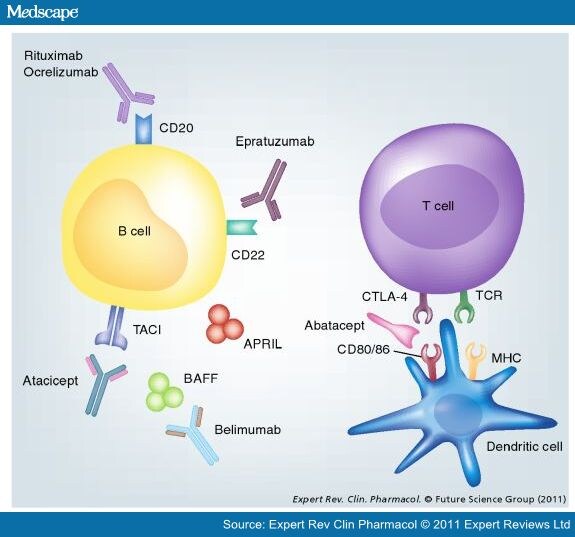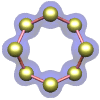
ECULIZUMAB
A new treatment for patients with atypical hemolytic uremic syndrome (
aHUS) was tested by researchers at Emory University. According to an
article published in the New England Journal of Medicine, it seems that
eculizumab, a monoclonal antibody, is effective in the management of
this life-threatening inflammatory disease.

Hemolytic uremic syndrome, which is a thrombotic microangiopathy that
causes blood clots in small vessels, is characterized by
thrombocytopenia, hemolytic anemia and uremia. It mostly affects
children up to 7 years old and is the most common cause of acute renal
failure in children. The hemolytic uremic syndrome is often associated
with enteric infections (E. coli, Shigella, Salmonella, etc.), but it
can occur in other situations such as after certain drugs, tumors, after
transplantation, etc..
Read more:
http://www.doctortipster.com/14800-eculizumab-proves-effective-in-treating-atypical-hemolytic-uremic-syndrome.html

Site of action of eculizumab. a Complement C5 is split by C5 convertase
into C5a and C5b. C5a increases the permeability of blood vessels and
attracts inflammatory cells by chemotaxis. C5b binds to other complement
components (C6, C7, and C8). The C5b-8 complex is expanded with C9 to
form the MAC. MAC binds and permeabilizes bacterial walls (e.g.
Neisseria), thereby killing the microorganism. b Eculizumab is a
long-acting humanized monoclonal antibody targeted against complement
C5. It inhibits the cleavage of C5 into C5a and C5b and hence inhibits
deployment of the terminal complement system including the formation of
MAC
















